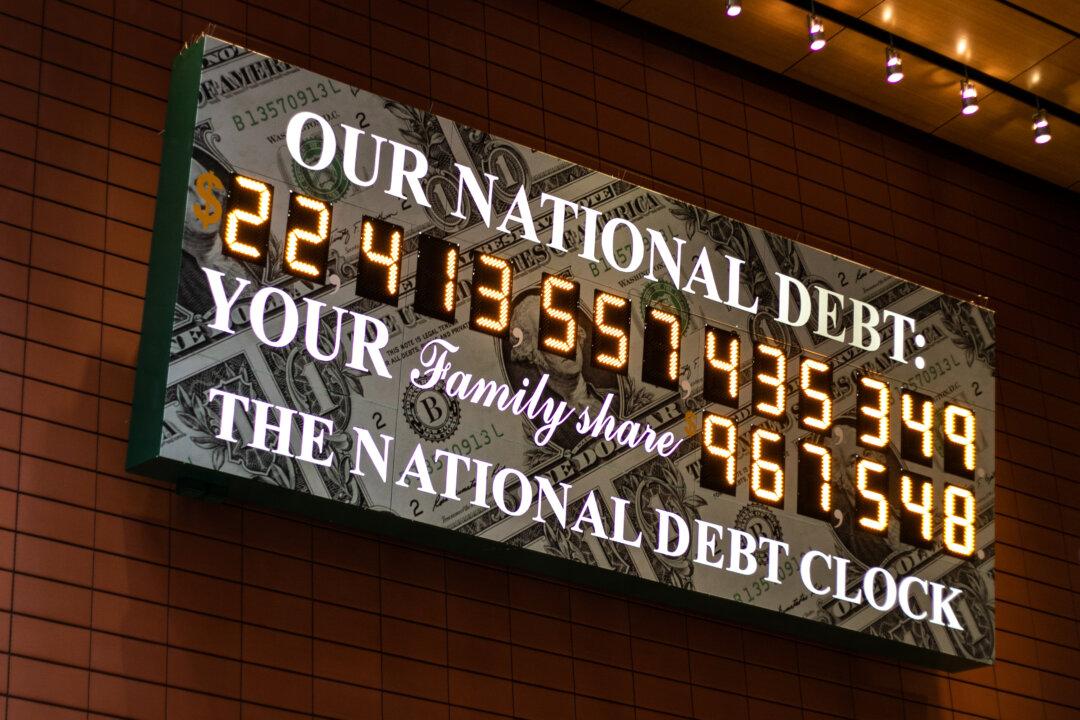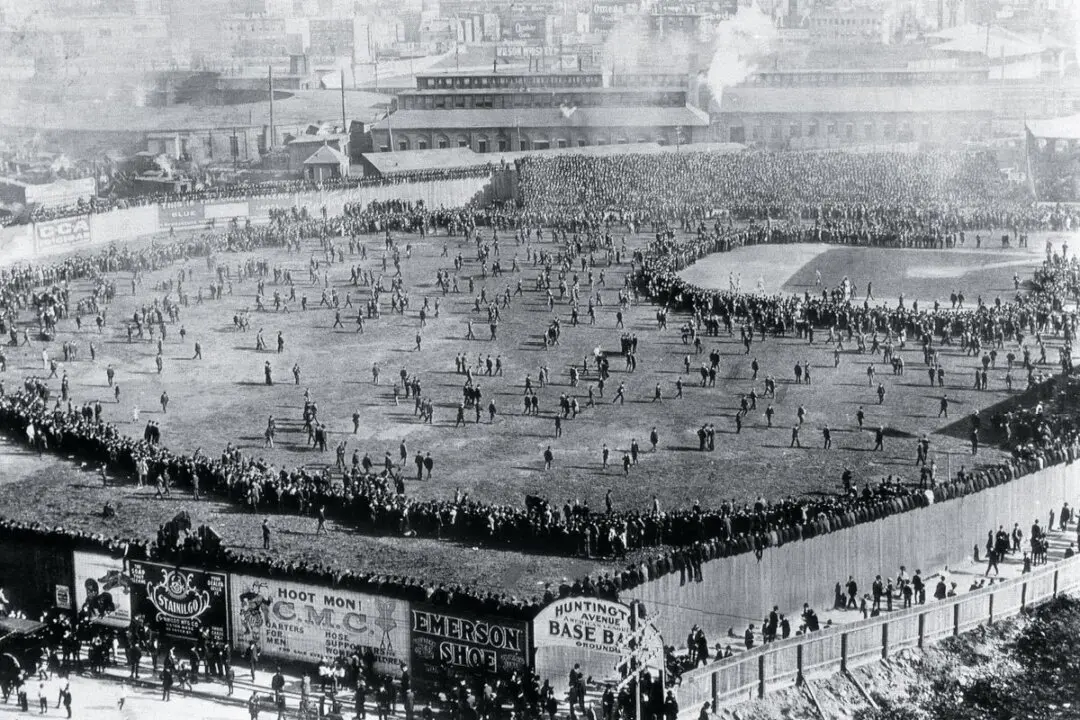Commentary
If you’ve ever read or listened to Milton Friedman, the Nobel Laureate economist, chances are you heard him state that people vote with their feet. America, through its founding documents, has given its citizens the opportunity to do so. This decisive action by her citizens ranges from department stores to cities to states. If the product―whether from a store or from local politicians―isn’t worth buying, then people will take their business, or taxes, elsewhere.





